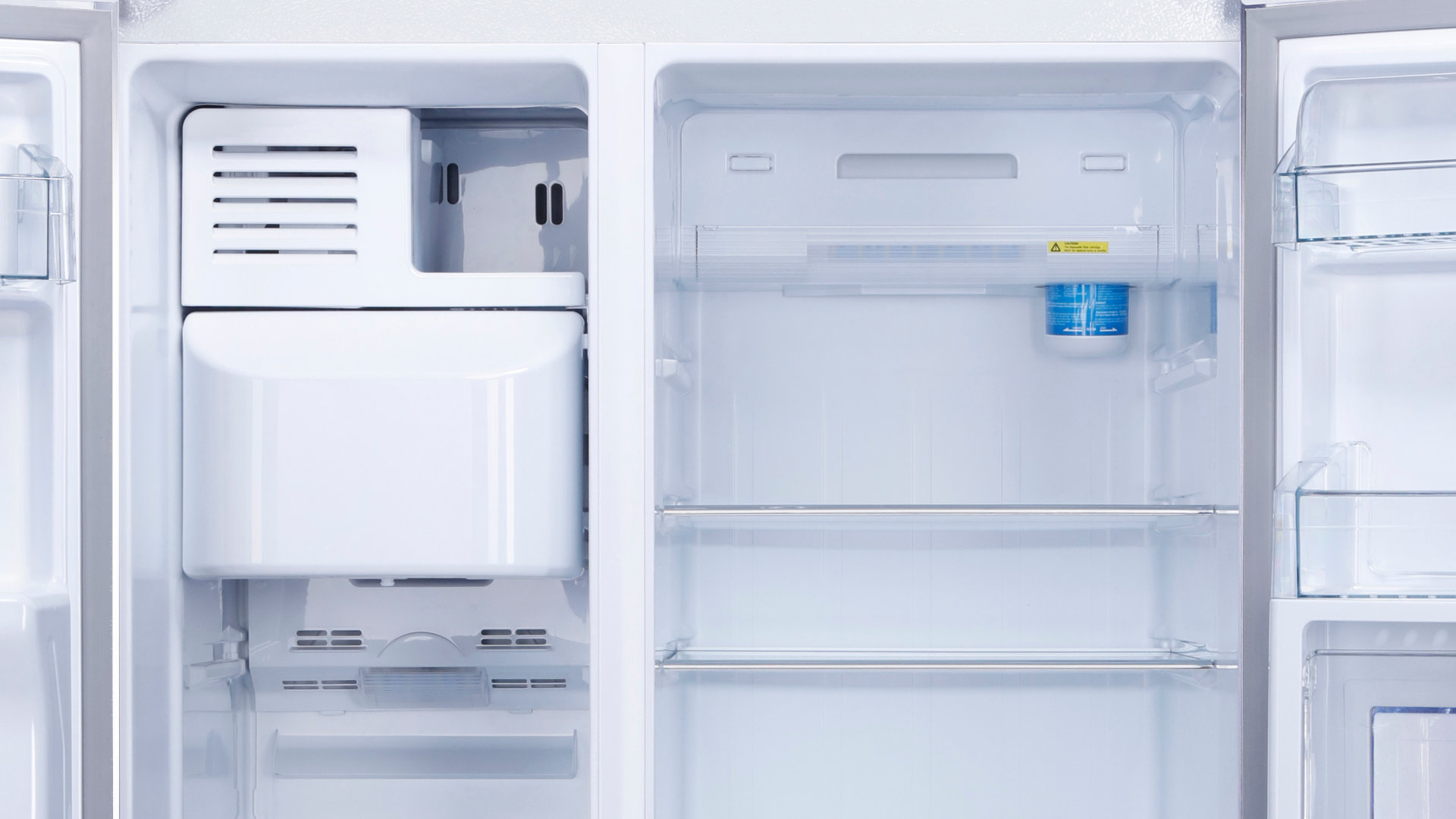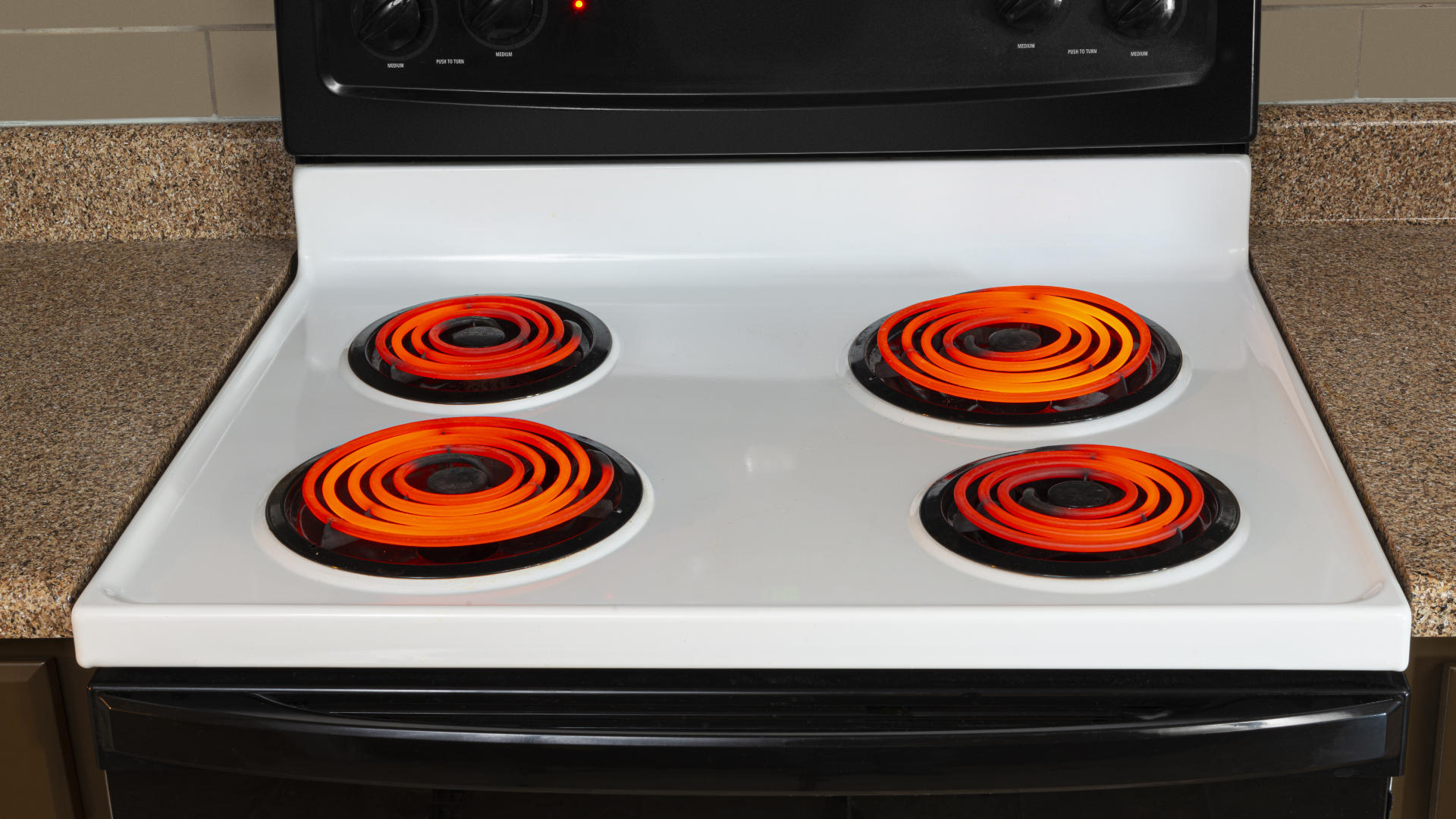
Electric stoves are among the most common appliances found in modern homes. Every house needs a stove and gas stoves can only be installed in some homes. There are many variations of the electric stovetop design. Some have built-in ovens, some are built directly into the countertop. Some electric stoves have exposed element burners, some are glasstop with the burners hidden on the underside of the glass. Some electric stoves have manual turning knobs, some have electric touch-button controls instead. Some have advanced timer features, some are nothing but elements and element control switches.
However, all electric stoves have a few essential things in common. One of those things, like all appliances, is the need to be repaired when serious malfunctions or damage present themselves. If your stove is not acting the way it should or there are signs that your electric cooktop has been significantly damaged, it is no longer safe to use but it can be repaired. And we can help. Let us outline the top signs that your electric stove needs to be repaired.
Flickering Digital Display
If your stove has a digital display, as most modern electric stoves do – watch out for how that display appears. Older displays may have a dead pixel or two, but a display that flickers is far more risky. Flickering suggests that there is a loose electrical connection somewhere in the stove’s controls. While this could be a mild display concern, a loose wire is far more dangerous in a high-powered appliance like your kitchen stove.If you see your display flickering and rebooting the appliance or small display computer does not fix the problem, you should consider it time to call for a technician for inspection and appliance repairs.
Constant or Unexpected Clicking
Your stove should click very little. It may make a small clicking sound when turning on or off. Some electric stoves click when they heat up or cool down, as a response to internal controls or the heating and cooling of meatal. However, constant clicking or a clicking sound in the stove during an unusual time can be a sign of bad news. Constant clicking may be a sign that your stove is trying to do something – like heat a burner – and is failing. Or it might indicate internal settings switching due to an internal electrical malfunction.
Any time your stove clicks unexpectedly, especially when the clicking sound persists, it is important to have a professional take a look at your stove.
Burners Won’t Turn On after Rearranging
Electric stove burners sometimes don’t come on when you turn the switch. This could be a result of a loose connection or even an incompatibility between individual burners and receivers. One common trick to get a non-functioning burner working again it swap it with another burner of the same size. The new fit and the slightly different burner can usually get your stove back in gear. However, if you’ve rearranged the burners and they still won’t come on, then it’s time to think about repairs – replacing either the burners or their outlet receivers.
Burners Won’t Turn Off
A very serious problem is if your burners will not stop heating after you turn them on. In some electrical malfunctions, the burner may refuse to turn off which creates an extremely dangerous situation. In this case, you absolutely need to call for repairs before using the stove again. For the time being, without a technician present, your best answer is to unplug the stove. This will deny power to the burner socket and therefore allow the burner to cool. When the burner is cold enough, wear an oven mitt or wrap your hand in a few layers of towel to remove the burner from it’s socket. Grasp the burner on the outermost ring, opposite from the socket connection, and pull it directly out.
It is not necessarily safe to re-connect your stove and cook with the other burners. We strongly reccomend getting repairs before putting your stove back to work.
The Appearance of Extensive Rust
Rust is a serious problem for stoves. Many stove parts are made with iron, by necessity, and rust is bad news for your iron and steel components. Rust is also a normal part of wear-and-tear for stoves to get scratched or for the finish to wear away, allowing the appliance to rust. When rust is extensive, it can mean that your appliance has outlived it’s predicted lifespan (the finish wasn’t designed to protect it for so long) or it could mean there’s a scratch or chip that could be repaired.
Cracked Glasstop
If your electric stove has a glasstop design, the surface should be carefully maintained. We all scratch our glasstop stove eventually, but a scratch is very different from a crack. If your stove sustains a serious hit or even if you’re not sure where the crack came from – a crack is bad news for any glasstop stove. The bigger the crack, the more of a problem it is. A crack can lead to more extensive damage an opportunity for someone to get cut, and can negatively impact the performance of your stove as a heating surface. A cracked stove won’t transfer heat the way it’s supposed to, so get that glasstop replaced by a professional post haste.
You Smell Scorching After Thorough Cleaning
Scorching is a bad thing to smell with any appliance, but it’s also common in the kitchen. A little spill, spatter, or drip onto the cooking surface, and scorch is the natural result. We’re used to the occasional scorch smell in the kitchen but only when the stove is not perfectly clean. If you have put some elbow-grease into a spotless cooktop and drip-free burners and still smell scorch when the surface heats, the scorch could be deeper in. You may need the help of an appliance repair technician to open up your stove and find the drip or the burning wire causing that problem.
In case it is a burning wire, be extremely careful when your stove smells with a burning smell without apparent drips to burn.
Burners Can’t Get Up to Cooking Temperatures
Finally, be aware if your burners can’t get up to temperature. Just like there’s trouble if your AC can’t get cold – it’s a real problem if your stove can’t get water to a full boil on the hottest setting. This could also result in meats and other more dangerous foods not being fully cooked when you serve a recipe. If your burners aren’t getting hot enough, you may need a replacement burner, a replacement burner outlet, or a control circuit repair. If your stove is not working correctly or has clear signs of damage, we can help. Contact us today for professional appliance repair services or expert advice on how to be safe before we arrive.
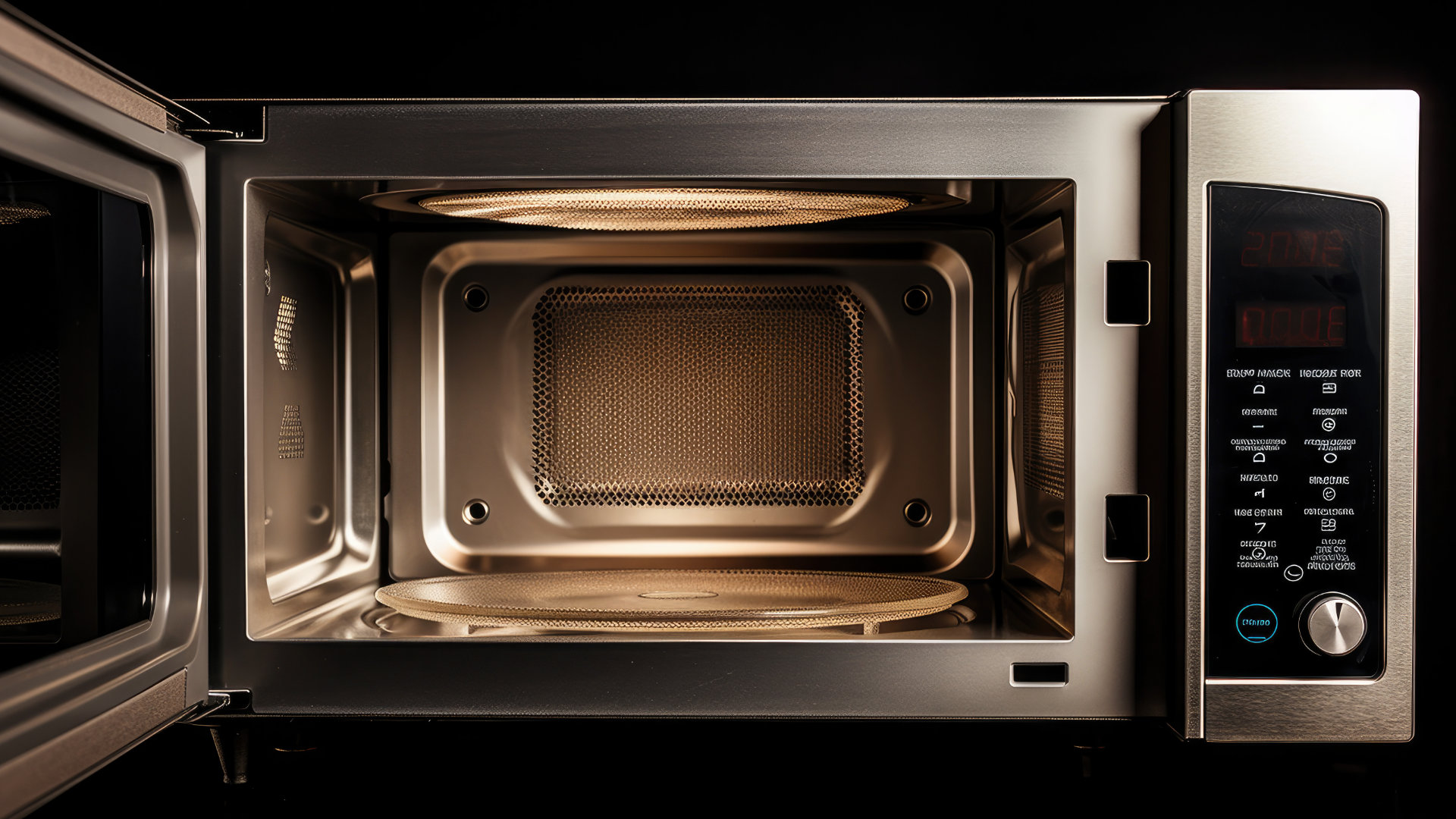
Eliminate the Burning Smell From Your Microwave
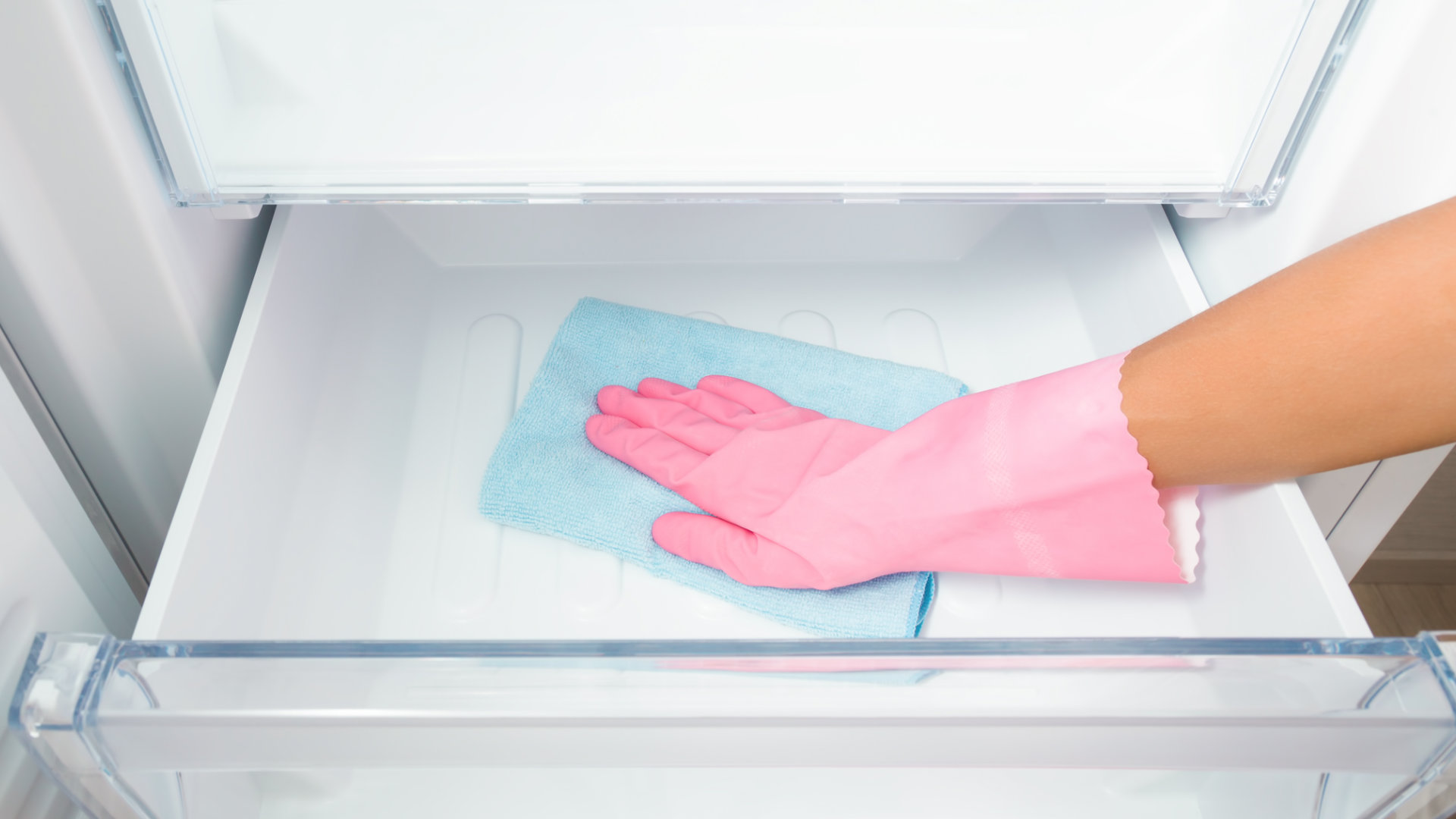
Fixing a Samsung Freezer That Won’t Freeze
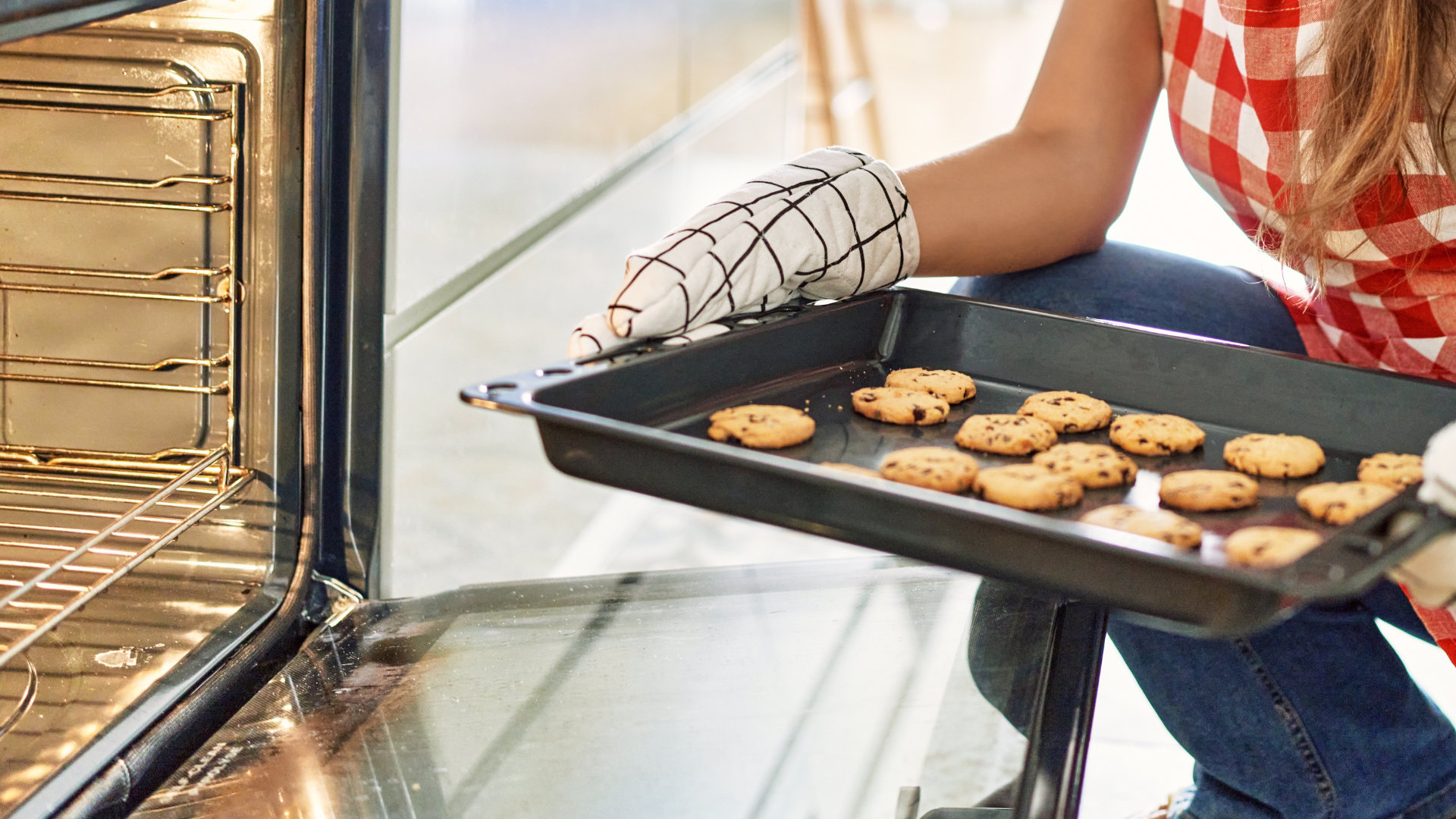
Whirlpool Oven Won’t Heat: Here’s What To Do
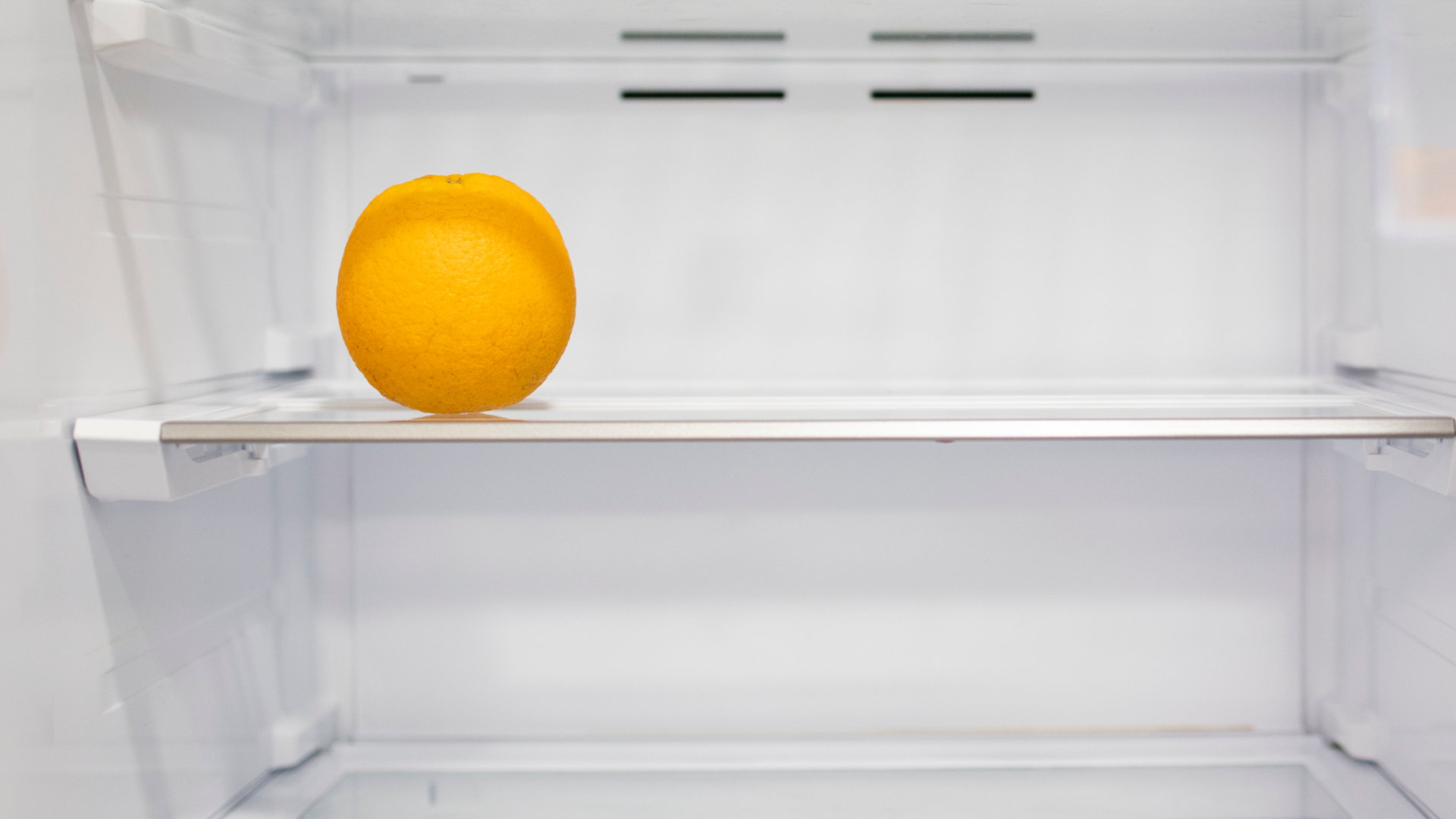
Easy Steps to Clean Your Refrigerator Coils
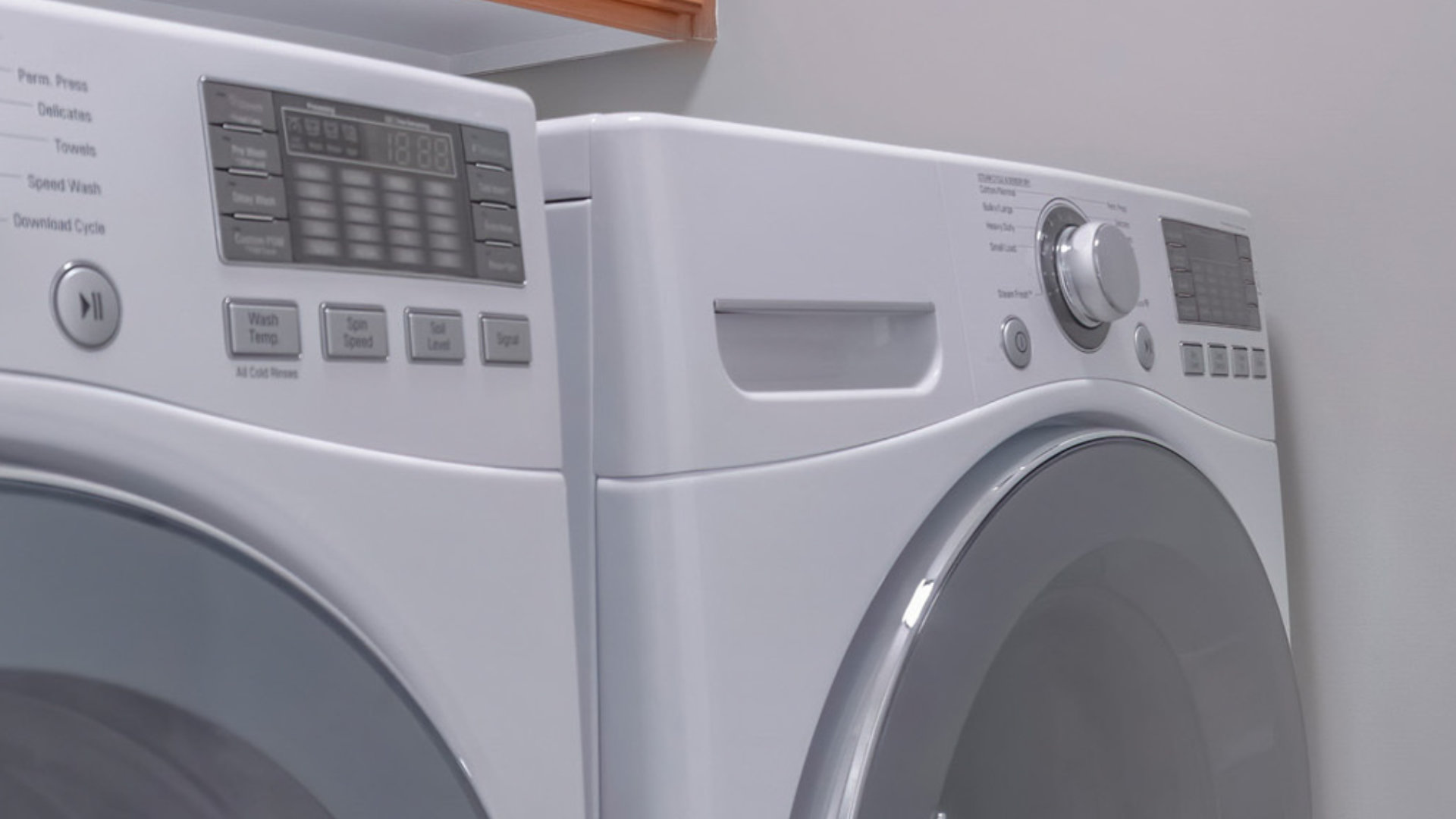
Quick Fixes for an LG Dryer Not Heating
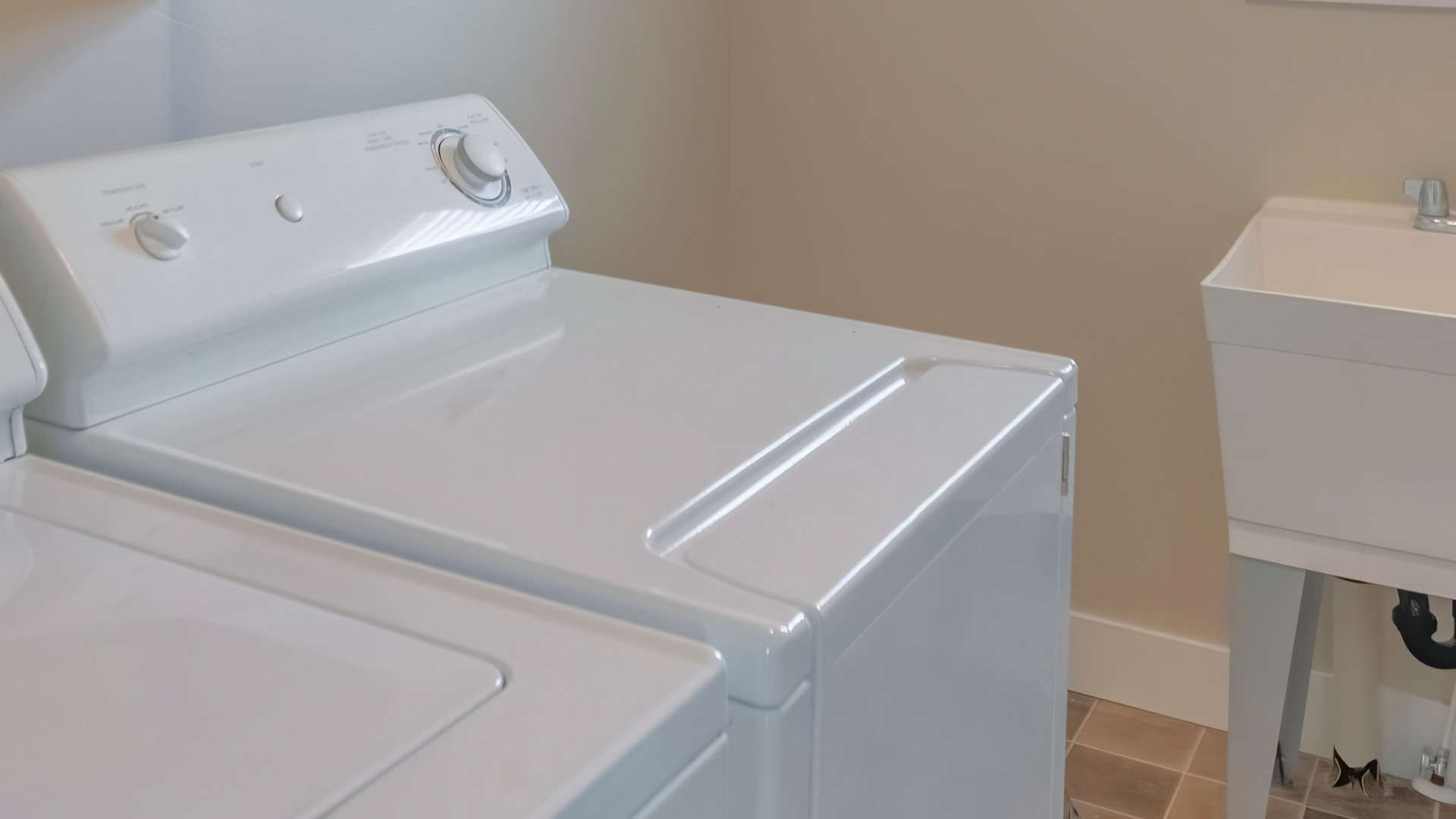
How to Fix an Electrolux Dryer That’s Not Drying
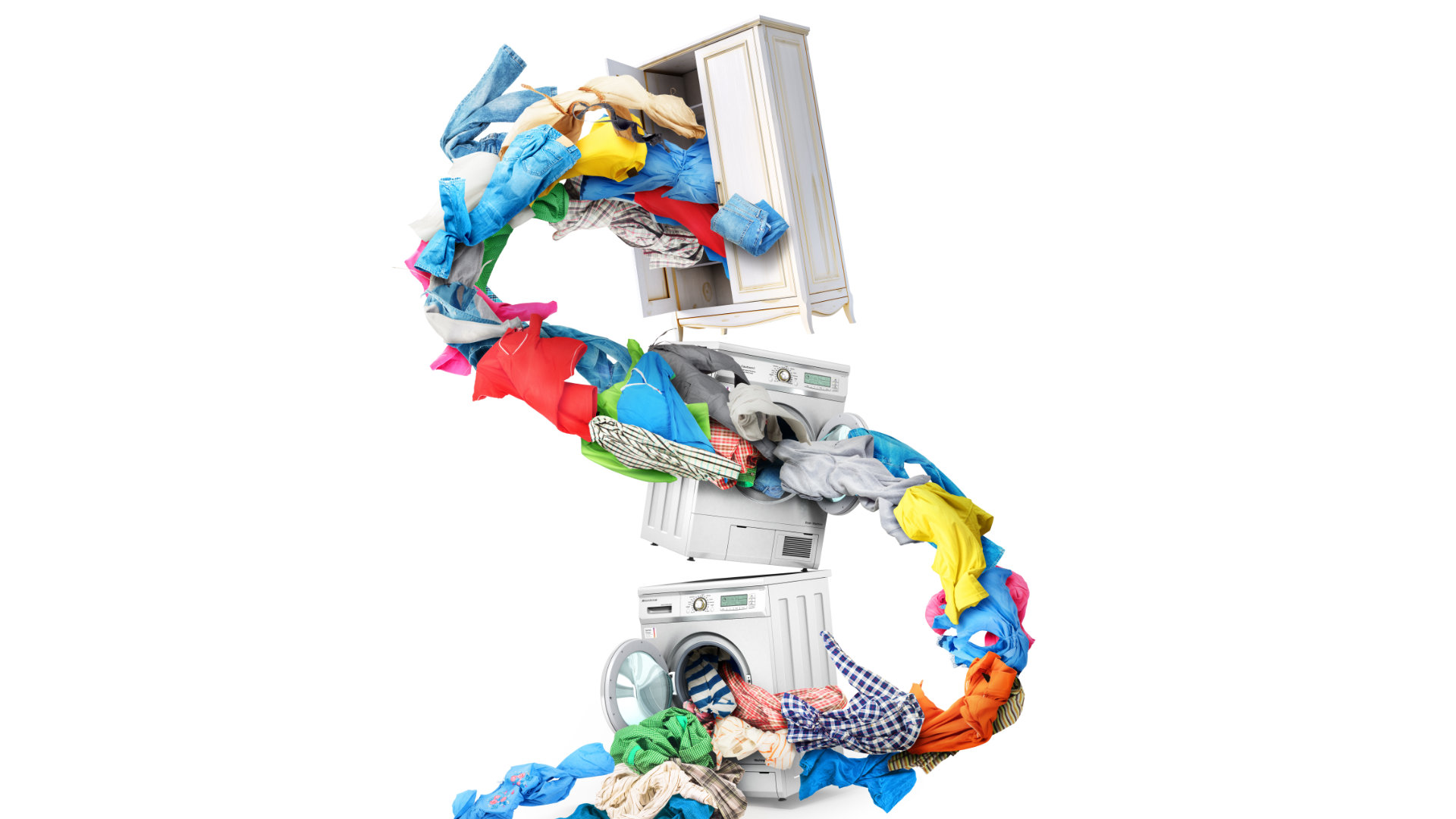
Why Is Your Whirlpool Washer Lock Light Flashing?
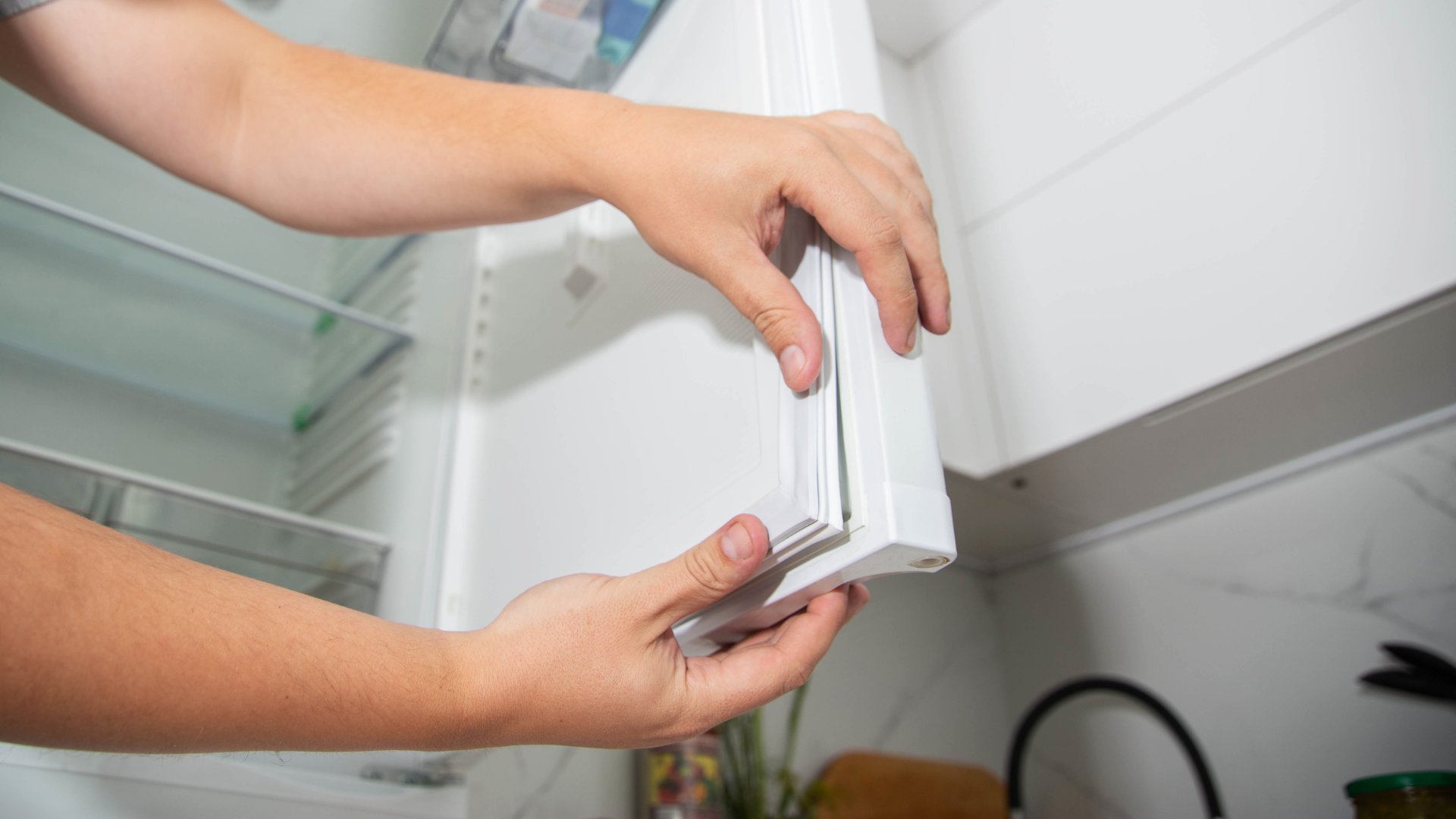
Why Is Your Freezer Door Not Sealing?
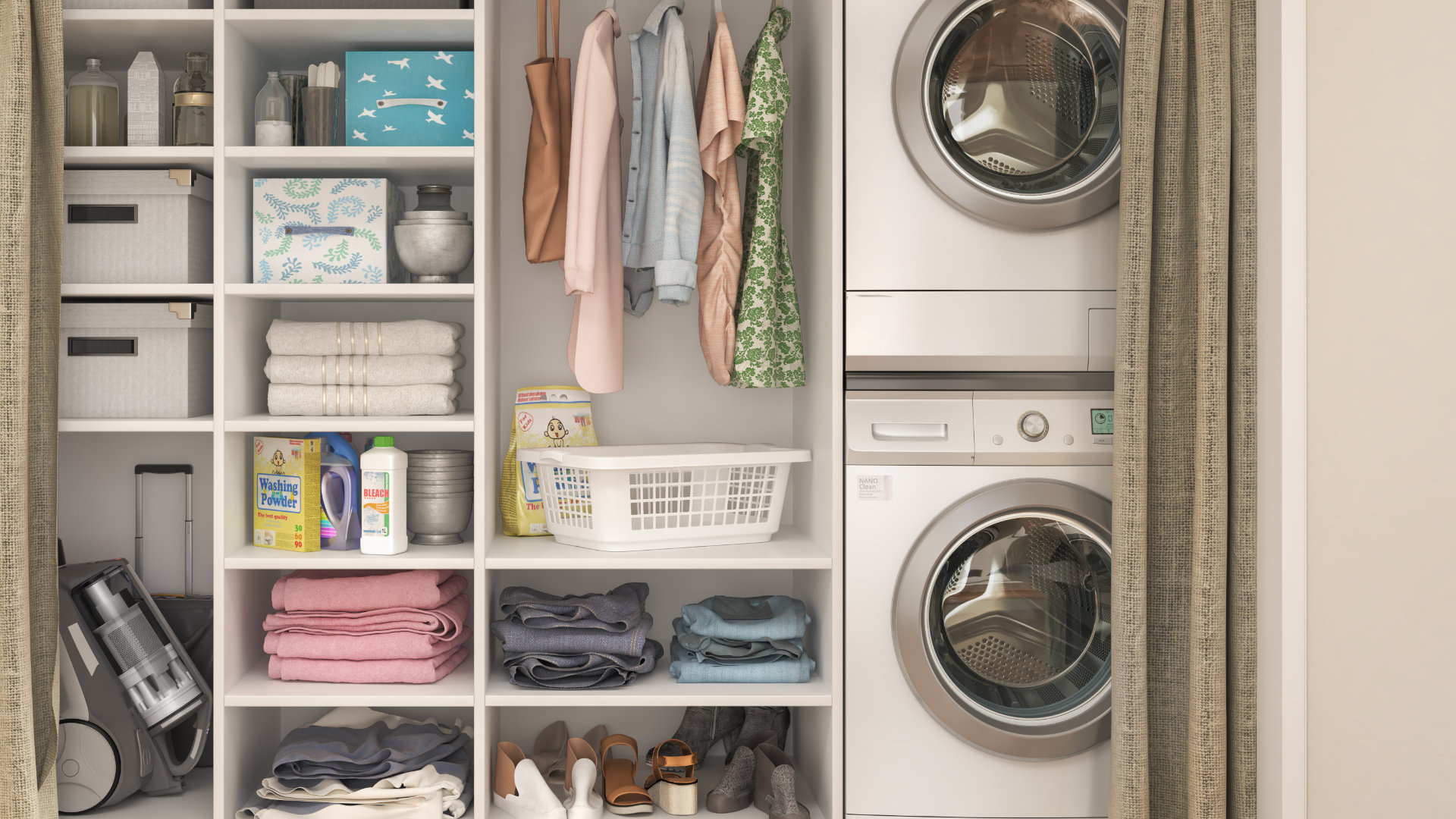
How Does a Ventless Dryer Work?
